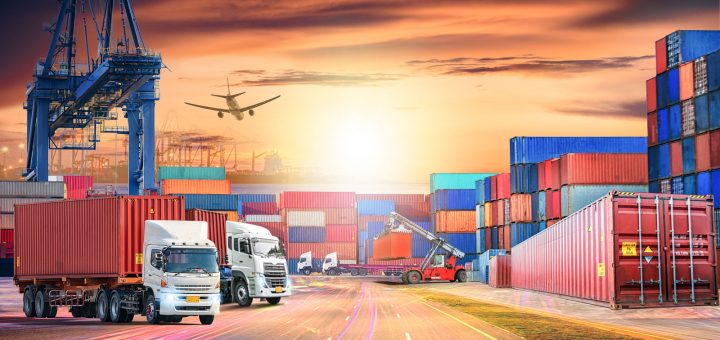With a growing demand for Nigeria’s agro-based products across Europe, Asia and America, managing the movement of these products safely, timely, and in a cost-effective way, is a critical need that requires a great deal of capacity and technical expertise to execute.
Are you planning to export cocoa, fertilizer, oil seeds, cashew nuts, or diverse industrial products out of Nigeria to any destination around the world and thinking of how to go about it? No worries, the following tips will help you save time, effectively manage your cost, and achieve your set objectives:
Hire the Right Agent: What you need is a professional Forwarder; an export advisory agent with practical knowledge of the technicalities involved in export logistics processes, including regulatory requirements. Hiring an adequately competent forwarding agent who maintains open and transparent communication on all transaction detail is the first and most critical success factor in the entire export logistics chain. Once you get this right, the other steps in your entire process will have a very high likelihood of success.
Assess the Risks Involved: Assessing the risks associated with every transaction is an extremely important cost-saving step. Your risks could range from your logistics agent, or local transportation agent who can potentially delay your shipment versus how your shipment is handled; foreign exchange at the time of export versus the originally estimated cost of the transaction, and the potential to incur hidden or unanticipated costs. Above all, getting paid on a delivery versus delivering in good condition or otherwise. Above all, the cost of potential damage (if it occurs, because it can) and the implication on your business must all be determined from the beginning to avoid unpleasant surprises.
An Organized Checklist: Preparing an organized checklist of all requirements is key. Your checklist should include the documents required to move your cargo, the specific handling materials, storage (if required for the transaction), what statutory charges to pay, regulatory requirements for specific shipments, persons responsible, and the timeline for each step of the entire process. A checklist ensures that every requirement is closed out without errors of omission.
Double-Check Your Packing List: An accurate packing list helps to facilitate the cross-border or regulatory clearance of your shipment. This information must get to the destination agents for proper assessment and speedy clearance of the cargo.
Compliance: Accurate documentation, cargo description, and classifications are time-saving gestures little or with no additional cost. Correct description and classification of your export-bound cargo give room for an accurate valuation. Shipments that are accurately classified against the established Harmonized System (HS) code give Customs agents a clear which tariff rates to apply. Any action that does not conform to these requirements will attract very costly sanctions, cargo confiscation, and other punitive actions determined by the Customs agency involved.
As soon as you make up your mind to export industrial or agro products out of Nigeria to any destination, Fortune Global has got you covered. You can count on us for highly efficient, hitch-free export to any location in the world on time, and on schedule every time with no hidden cost.


